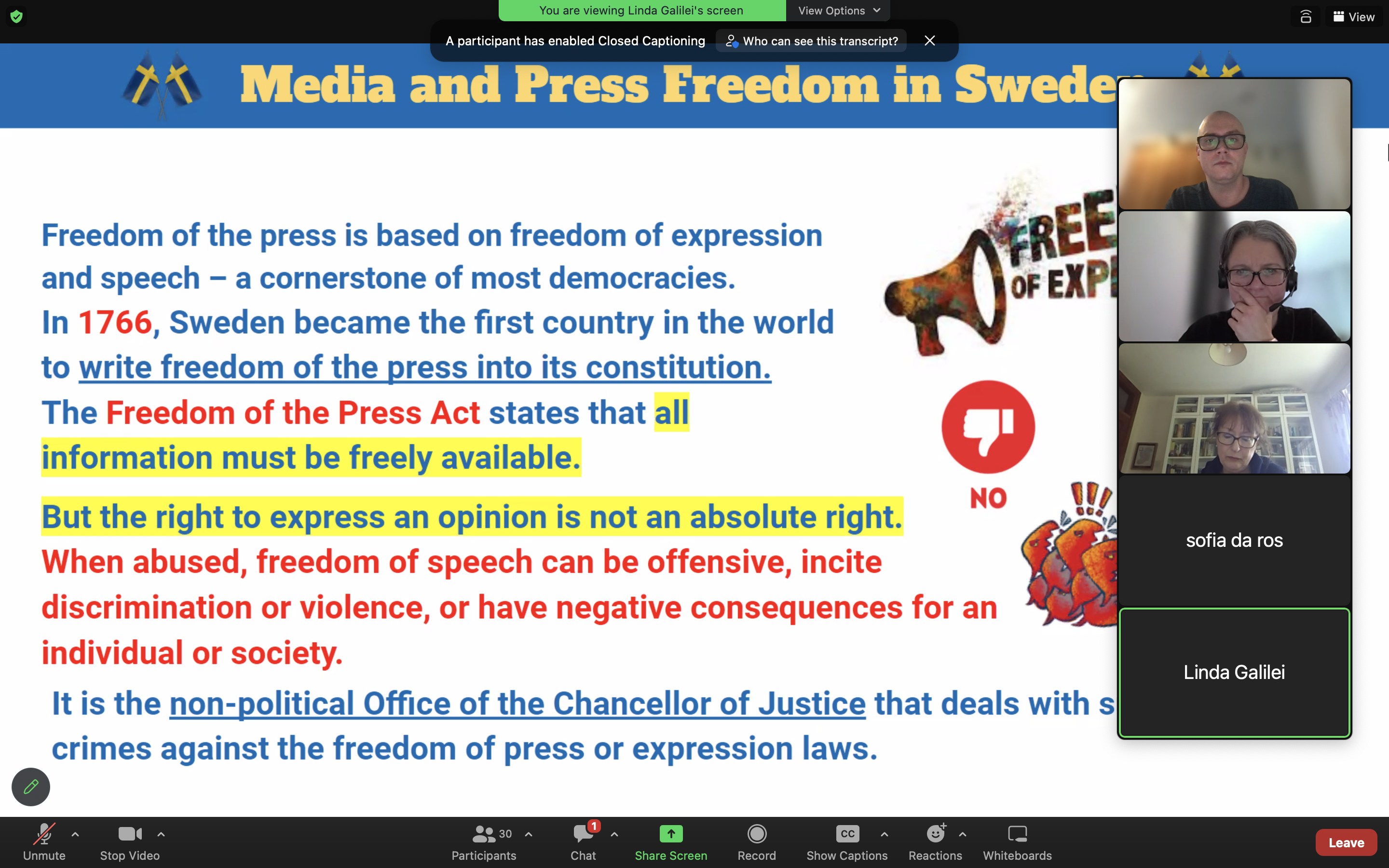Authored by Dr. Ricardo Castellini Da Silva
More than 100 students with ages ranging from 15 to 18 years from 50 different schools in Ireland, Italy, Greece, Spain, Slovenia and the Netherlands participated in a research project on media and democracy organized by eTwinning, a European educational community that facilitates learning and collaboration among hundreds of thousands of teachers across the continent. The project was developed in partnership with the European Parliament Ambassador School (EPAS) programme, a network of secondary and vocational schools across the European Union raising awareness of European parliamentary democracy and European citizenship values.
In this project, participants were tasked with examining the role of the media in relation to European democratic values. Each group was assigned a different country and students carried out research on how people in these countries use digital devices, consume news, and deal with the disinformation problem. They investigated both the political and the media landscapes and analysed issues related to media regulation, media ownership, and freedom of press.
In the final online session that took place on the 7th of May, each group of students presented and discussed their findings. I was invited to participate in this session where I had the opportunity to provide feedback to students on their work and discuss the many issues involved in the fight against disinformation in Europe, including the role of the EDMO hubs across the 27 EU member states. I was happy to see that students showed great awareness of the many problems associated with disinformation, especially the ones that pose a threat to European democratic values and the safety of the population.
We also had a very productive conversation about the regulation of digital media platforms. Students had different opinions on this matter and many interesting points were raised as we discussed the responsibility of digital media companies, the role of the governments in regulation, and the threats to both vulnerable groups and freedom of expression.
The project showed that it is very important to develop initiatives whereby young people can engage in this kind of discussion and critically reflect on the many challenges imposed by the new media technologies.
